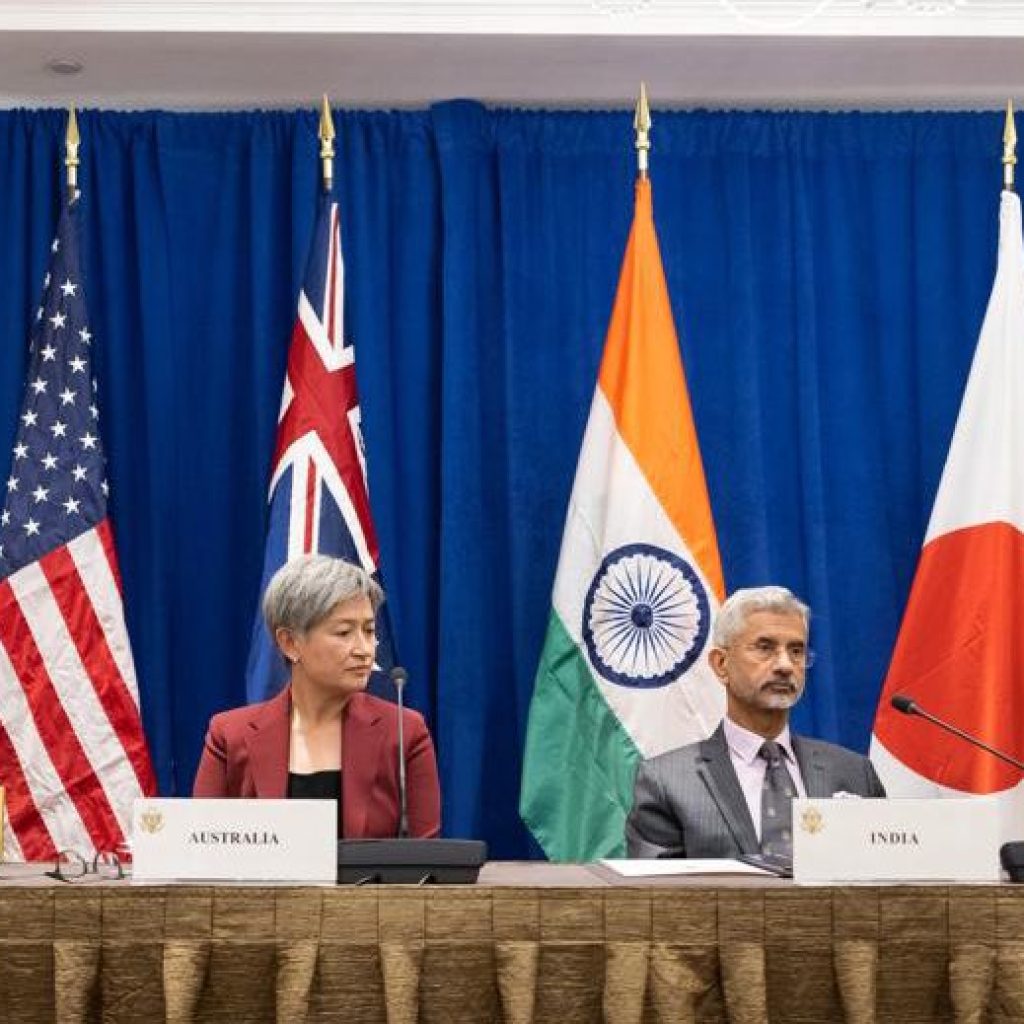The Quad Foreign Ministers also addressed ransomware’s adverse effects and the efforts made by other countries to prevent it through various means…reports Asian Lite News
Describing ransomware as a “global threat”, which has been an obstacle to Indo-Pacific economic development and security, Quad Foreign Ministers have issued a strong warning against state-sponsored hostile cyber operations.
“The Ministers call on states to take reasonable steps to address ransomware operations emanating from within their territory. We exercise responsibility to assist each other in the face of malicious cyber activity, including from ransomware, against critical infrastructure,” said a joint statement issued after a meeting of Quad Foreign Ministers on Friday.
India’s External Affairs Minister S Jaishankar, US Secretary of State Antony Blinken, Japanese Foreign Minister Yokimasa Hayashi, and Australian Foreign Minister Penny Wing met in New York, USA on the sidelines of the UN General Assembly session.
“Recalling the last Quad Foreign Ministers’ Meeting on 11 February 2022, we commit to addressing the global threat of ransomware, which has been an obstacle to Indo-Pacific economic development and security,” the joint statement pointed out.
The statement reaffirmed the Quad’s commitment to supporting Indo-Pacific countries’ advancement of a free and open Indo-Pacific, which is inclusive and rules-based.

“We are committed to an open, secure, stable, accessible, and peaceful cyberspace and support regional initiatives to enhance the capacity of countries to implement the UN Framework for Responsible State Behavior in Cyberspace. We strongly believe that focused initiatives for enhancing the cyber capabilities of Indo-Pacific countries would ensure the security and resilience of regional cyber infrastructure,” it said.
The Quad Foreign Ministers also addressed ransomware’s adverse effects and the efforts made by other countries to prevent it through various means.
“The transnational nature of ransomware can adversely affect our national security, finance sector and business enterprise, critical infrastructure, and the protection of personal data. We appreciate the progress made by the 36 countries supporting the U.S.-led Counter Ransomware Initiative (CRI) and the regular, practical-oriented consultations against cybercrime in the Indo-Pacific region.”
They also reaffirmed the Quad’s dedication to helping the Indo-Pacific region’s nations build an open, free, inclusive, and rules-based Indo-Pacific.
Additionally, they stated their commitment to free, open, stable, accessible, and peaceful cyberspace and their support for regional efforts aimed at boosting nations’ ability to put the UN Framework for Responsible State Behavior in Cyberspace into practice.

The statement also said that they are confident that targeted efforts to improve the cyber capabilities of Indo-Pacific nations will guarantee the safety and resilience of the region’s cyber infrastructure.
The ministers stressed the need for a multistakeholder strategy for developing counter-ransomware capabilities. This involves elevating the significance of already-in-place programs like the Global Forum on Cyber Expertise (GFCE).
They also expressed support for discussions on a potential new UN cybercrime convention as a long-term strategy to combat cybercrime more generally and as a tool to combat ransomware.
The statement said, “We underscore the need for a new treaty to be drafted in a technologically neutral and flexible manner, which does not describe specific technologies or criminal methodologies.”

